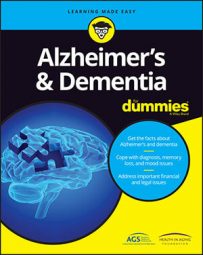Although doctors recognize when a person is nearing death, specific predictions are unreasonable. Humans rarely play by textbook rules because so many factors can play a part in determining each individual's outcome.
Human have evolved mechanisms to ensure survival. So it's never as simple as saying, "If you have diagnosis A, you'll therefore live X number of months or years," because so many other factors come into play, including
- The stage the condition has reached before it's picked up.
- Age at diagnosis (In the case of dementia, older age usually means shorter survival.)
- Other health conditions occurring simultaneously (In the case of dementia, diabetes, congestive heart failure, emphysema, cancer, and heart rhythm irregularities are associated with shorter survival rates.)
- Tolerance of treatment provided for the condition.
- Psychological impact and the patient's general state of mind.
- The strength of the patient's immune system.
- Social circumstances and levels of deprivation.
Dementia is no different because people's responses to it vary. But having a rough idea of what to expect can be helpful in planning for the future. That is why the "How long does she have?" question is so commonly asked by families as they see dementia progress. Generally, the outlook isn't good. Looking at all, the average life expectancy from the time of diagnosis is about 8 years. However, the range can be as little as 2 years from diagnosis at its shortest to 20 years at its longest, with people who are older when diagnosed being at the lower end of the scale.
Bearing in mind that the period from development to diagnosis spans an average 2.8 years, an actual figure is, unfortunately, always hard to predict. However, research has shown that being male, having difficulty swallowing, weight loss, seizure development, and bedsore development are all factors associated with shorter survival in patients with dementia.

